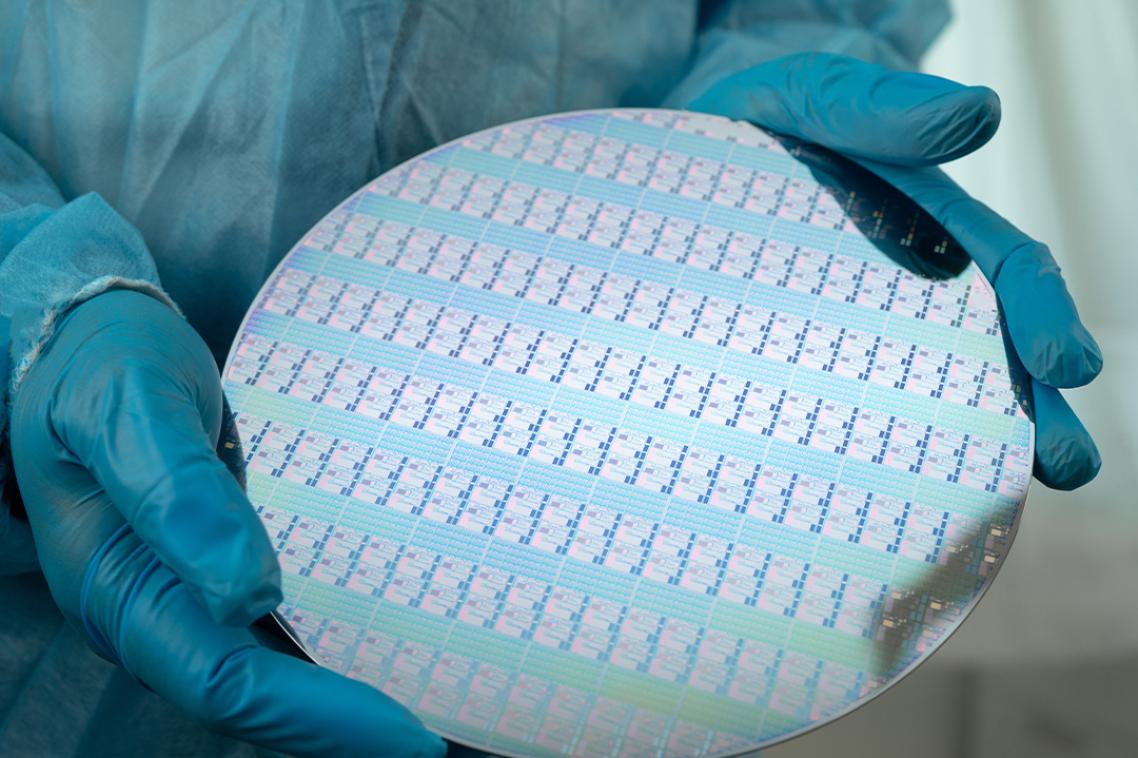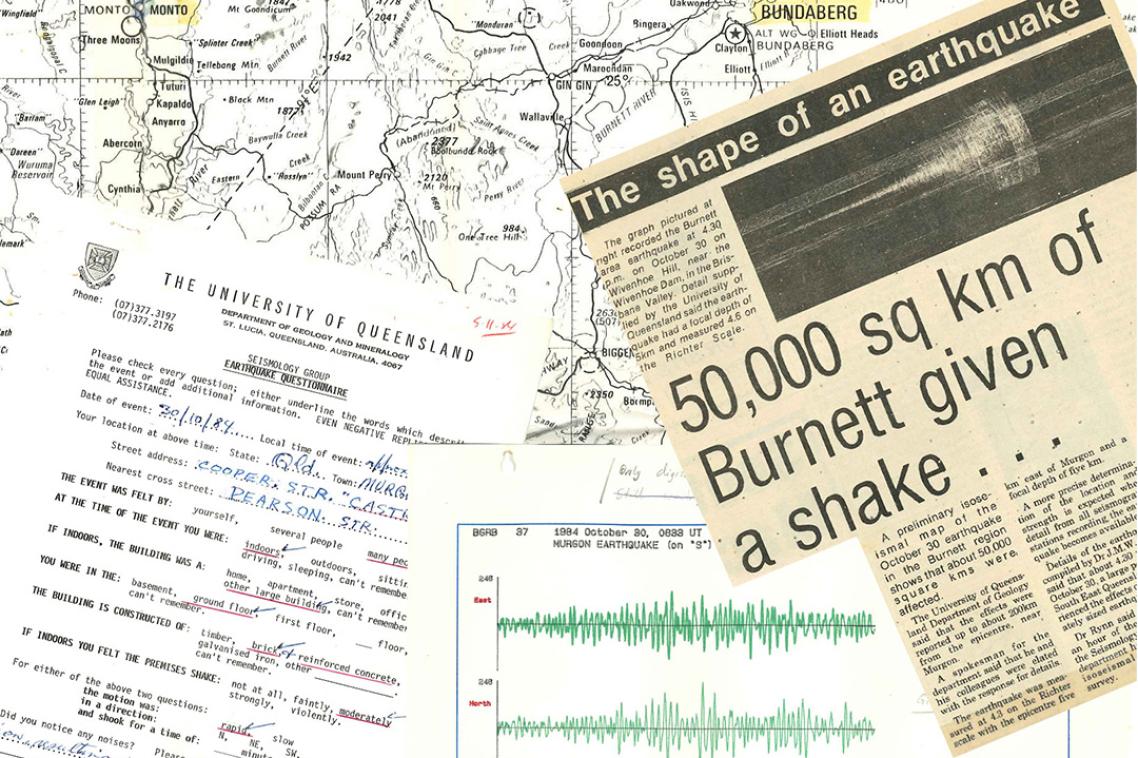UQ research blows whistle on deceptive sporting behaviour
It’s official – people are at their most deceptive not only when benefits outweigh the costs but when the risk of detection is low, according to a UQ study.
A School of Biological Sciences research team have used the practice of diving – pretending to be the victim of foul play – in soccer in order to "milk" penalties as the basis for a study of deceptive behaviour and the mechanisms that can be used to control it.
PhD student Gwendolyn David, along with her supervisor Dr Robbie Wilson and other UQ colleagues, explored the behaviour of soccer players and referees in the context of animal-signalling theory.
Their study was recently published in the prestigious open-access journal PLOS One.
"Theory predicts that deceptive behaviour should occur only when the prospective benefits outweigh the costs and when the risk of detection is low," says Ms David.
"So we expected that deception would be driven by the potential pay-offs and would be limited by punishment."
Ms David undertook a play-by-play examination of 60 matches across six high-profile professional leagues to see when and where players faked fouls, and when they were likely to get away with it (or not).
She found that – as predicted – diving occurred most often when the potential pay-off was greater, namely, in the offensive side of the field and when two teams had tied scores.
But the most exciting result came from looking between the leagues.
"We found that players dived more often in leagues where referees were more likely to reward dives with a free kick or penalty," says Dr Wilson.
This means that when referees don't detect or punish diving, then dives are more common.
"The most effective means of controlling deception, whether it's a footballer or an animal, is via punishment. But, of the more than 2800 falls we observed and the 169 dives, we never once saw a diving player punished," says Ms David.
"Our results clearly show that reducing deception in sports like soccer is largely up to the referee and governing bodies. Players will try to deceive referees when the benefits are high, but better detection and administration of punishment may help reduce its prevalence," Dr Wilson said.
"Some progressive professional leagues, such as the Australian A-League and American MLS, have already started handing down punishments for players found guilty of diving. This is the best way to decrease the incentive for diving."
Media: Dr Robbie Wilson on +61 458204962 or r.wilson@uq.edu.au or Tracey Franchi on +61 7 3365 4831 or t.franchi@uq.edu.au. For other information about this research group's work, see the lab website.
Topics
Related articles

Superconducting germanium made with industry-compatible methods

Seismic shake-up: digitising 90 years of Queensland’s earthquake history
Media contact
UQ Communications
communications@uq.edu.au
+61 429 056 139
